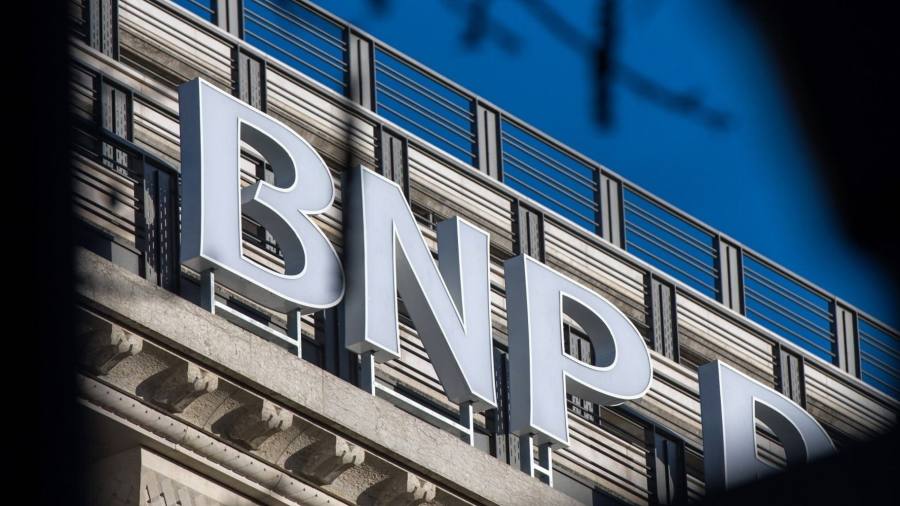Rescue teams in Turkey and Syria worked through the night to find survivors after a powerful earthquake devastated several big cities, leaving more than 3,500 people dead and more than 15,000 wounded.
On early Tuesday morning, authorities were pulling people out of the rubble and racing against freezing temperatures in south-eastern Turkey and north-western Syria, where there was wind and sporadic snowfall.
The effort came after a 7.8 magnitude earthquake struck near the city of Gaziantep, Turkey, in the early hours of Monday, toppling thousands of buildings over a vast area and setting off a series of aftershocks. A second, 7.5 magnitude quake came hours later near Kahramanmaraş, about 40 miles away, compounding the devastation.
The death toll in Turkey reached 2,921 people, with 15,834 people injured, according to Yunus Sezer, the head of the country’s disaster relief agency Afad.
At least 650 people were killed in government-held areas in Syria, with more than 1,400 injured, according to the country’s health ministry. In the rebel-held north-west, at least 700 people died and more than 2,000 were injured, Turkey’s state news agency reported, citing local authorities and humanitarian groups operating in the region.
“Because the debris removal efforts are continuing in many buildings in the earthquake zone, we cannot know how high the number of dead and injured will rise,” said Turkey’s president Recep Tayyip Erdoğan, who declared a seven-day mourning period across the country.
Erdoğan called the disaster Turkey’s “biggest catastrophe” since an earthquake in 1939 that killed about 33,000 people, underscoring the scale of the crisis.
UN secretary-general António Guterres called for international assistance on Monday, telling the General Assembly that survivors in the quake-hit country “were already in dire need of humanitarian aid”.
US president Joe Biden spoke with Erdoğan on Monday and promised to provide “any and all needed assistance”, the White House said. The US is also sending search and rescue teams, as well as health services personnel.
Turkey’s Red Crescent humanitarian organisation said it was shipping emergency supplies “nonstop”, with almost 2,000 tents and 27,000 blankets in addition to several mobile kitchens and catering facilities reaching the affected area.
The country’s central bank ordered local lenders not to charge transaction fees on fund transfers to accounts collecting earthquake relief donations and eased conditions on certain types of credit extended to companies in the stricken region.
In Idlib province in north-west Syria, “hundreds of families” were still trapped under the rubble, according to the Syria Civil Defence, the western-backed aid workers also known as the White Helmets.
The area, one of the last remaining enclaves held by the Syrian opposition, is home to about 4.6mn people, the majority of whom require humanitarian aid, according to UN data. Many had fled after being displaced by the country’s more than decade-long civil war and live in informal settlements on the outskirts of cities, in open fields and in abandoned buildings.
Much of the area’s medical infrastructure was destroyed in the war, during which hospitals were routinely targeted.
A video published by the Syrian American Medical Society, which supports 36 medical facilities in the north-west, showed a chaotic emergency unit at a hospital in Aleppo. “Our hospitals are overwhelmed with patients filling the hallways,” the group said in a statement.
Syrian state TV showed footage of rescue teams searching for survivors in areas under the control of the Assad regime, with health officials asking the public to help rescue neighbours and take them to hospitals.
On Tuesday morning, another earthquake measuring 5.5 magnitude hit the town of Gölbaşı in Turkey’s Adıyaman province, according to the US Geological Survey. More than 100 aftershocks have rocked the region since the first tremor struck on Monday.
Credit: Source link














